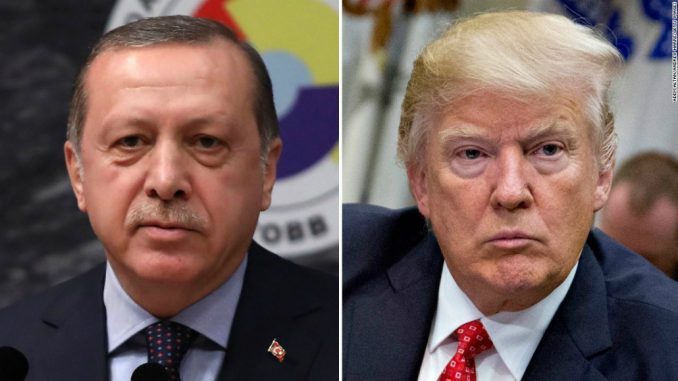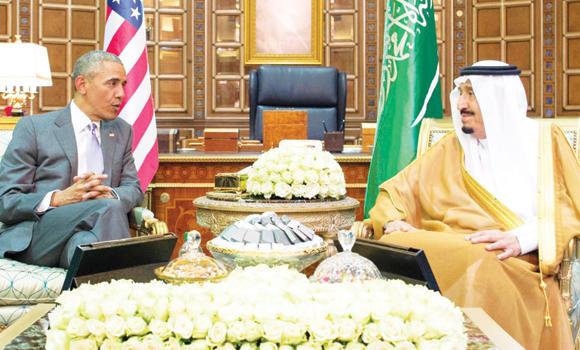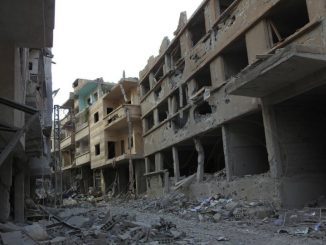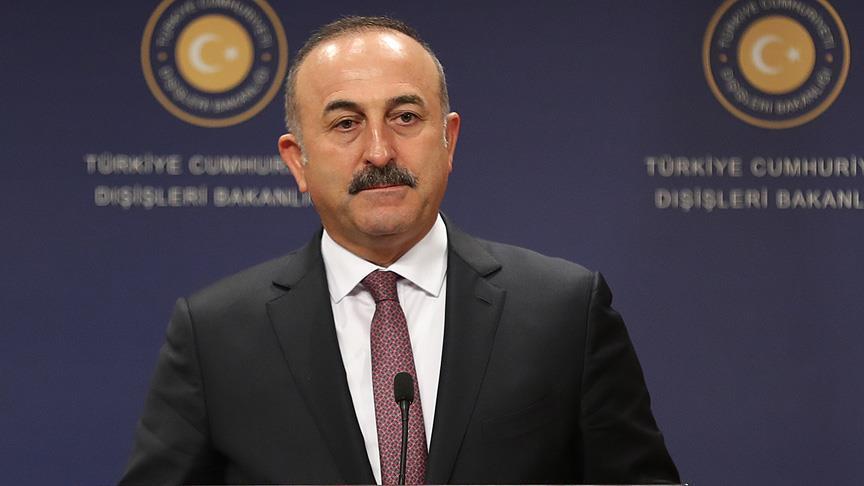
Turkish President said that he hopes Turkey and the U.S. will open a new page under Trump and that Turkish-backed forces should be used to retake Raqqa from ISIS rather than Kurdish militia Ankara views as a terrorist threat.
Turkey’s military operation in Syria named Euphrates Shield was launched in August 2016 to drive Islamic State militants from its border and prevent Kurdish fighters from gaining ground and strengthening their positions.
At the same time, the Syrian Democratic Forces (SDF) alliance, which is dominated by the Kurdish YPG militia, is supported by the US as the latter uses them in its war against ISIS.
Turkey sees the YPG as an extension of Kurdish PKK militants who have waged a three-decade insurgency in southeastern Turkey.
Air strikes carried out by the US-led coalition and a long fight by the SDF forces ended in recapturing Manbij from the control of the Islamic State (ISIS) group last year.
Turkey had plans to complete further to take back Manbij and move towards ISIS’ stronghold of Raqqa, which the US opposed.
Ankara fears the creation of a contiguous Kurdish-controlled territory along its southern frontier that it believes could be used to support the insurgency in Turkey and promote ambitions for a Kurdish state incorporating Turkish land. It aims to end all Kurdish military involvement west of the Euphrates.
However, the Turkish National Security Council (NSC) declared surprisingly in March ending the Euphrates Shield operation saying that it has achieved its goals without revealing further information.
Erdogan said Washington’s support for Kurdish YPG fighters damaged “the spirit of solidarity” with Turkey, but that he believed a new page would be turned in ties under Trump, whom he will meet in mid-May for the first time he became president.
“Why are we asking for help from terrorist organizations? We are here,” Erdogan said at an energy conference in Istanbul. “Turkey, coalition forces led by the United States and the Free Syrian Army all together can wipe them (Islamic State) out. This is not a difficult thing for us,” he said.
“I believe we can achieve this and I will tell this to Trump.”
No terror corridor allowed
Ties with Washington soured under former president Barack Obama and officials in Ankara have been hoping for an improvement under Trump.
“I am seeing signs that Trump…will display a more decisive stance in the fight against terrorism and in ending state terror in Syria,” he said.
In addition, the tension with Kurds didn’t end and the US-Kurdish relations were tested again, as Turkey said it will block any attempt by the Kurdish militias to deliver weapons to the PKK and delivered a deadly blow to them on 25 April.
Turkish military carried out air strikes against PKK fighters in Iraq’s Sinjar region and northeast Syria on Tuesday, killing at least 70 militants, according to a Turkish military statement.
The targets were hit to prevent the PKK from sending “terrorists, arms, ammunition and explosives to Turkey,” the statement said, adding that the operation was conducted “within the scope of the international law”.
Turkey’s President Recep Tayyip Erdogan said the US and Russia were informed of the attacks, but the US State Department said it was deeply concerned by the air strikes, which it said were not authorized by the US-led coalition fighting ISIS in Iraq and Syria.
“We have expressed those concerns with the government of Turkey directly,” State Department spokesman Mark Toner told reporters.
“These air strikes were not approved by the coalition and led to the unfortunate loss of life of our partner forces.”
This attack started cross-border clashes and Turkey’s southern border with Syria had come under intense mortar fire from YPG militia but the Turkish military was responding.
Erdogan warned the YPG that Turkey would fire back against any assault and thwart the creation of any Kurdish state in northern Syria.
“Are we going to leave them unanswered? We are doing what is necessary,” Erdogan said in Istanbul.
“YPG forces were still present in a region of northern Syria west of the Euphrates river and must be pushed back from the area.”
“We will continue to take any measures as long as the threats persist. We will not allow efforts to form a terror corridor at our southern border,” Erdogan said.



